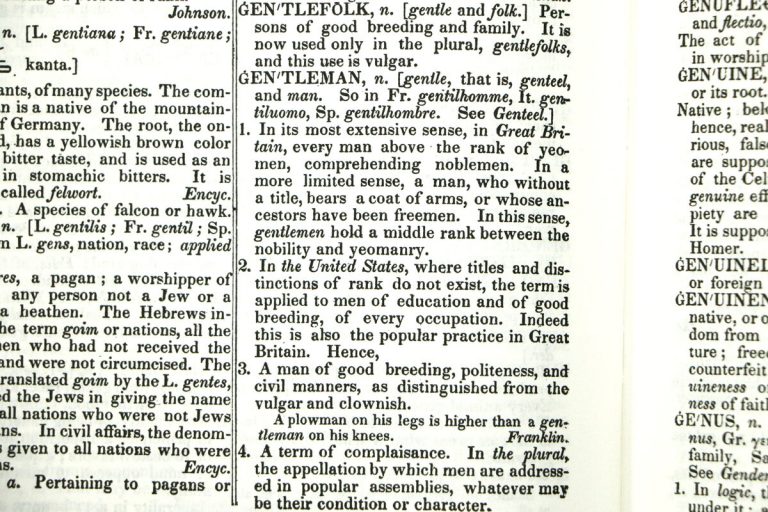Editor’s Note: Last Redoubt never fails to clarify important points. Reading his archive is a joy.
While the general point of the article is on a different topic, this paragraph by Scott Adams is worthy of some discussion all by itself:
When I was younger and dumber I thought I could transform unhappy people into happy people by giving them whatever they wanted, or fixing whatever they thought was broken. This approach worked approximately zero times. Once a dopamine addict’s alleged problem is fixed, the addict still needs the next high. So they magnify small problems into big ones just to feel something. Or they create a problem where there was none.
There are indeed miserable people who – all protests to the contrary – wallow in their misery. It’s not just restricted to borderlines and cluster-B types who are nothing but a ball of fear and misery insofar as anyone can tell. The person who is so addicted to the rush of drama they simply *have* to manufacture some where none exists over the tiniest things.It’s a given among those with experience treating addicts of any sort that you cannot fix them – they have to fix themselves, and they will likely only do so when there is no other option, when they’re down as far as one can be. A significant percentage don’t before something fatal happens. Anything you do to help them out with their self-caused disasters, and eventually even simple human kindness, simply enables them, allows them to avoid their problems and the mess it’s causing with their lives.









